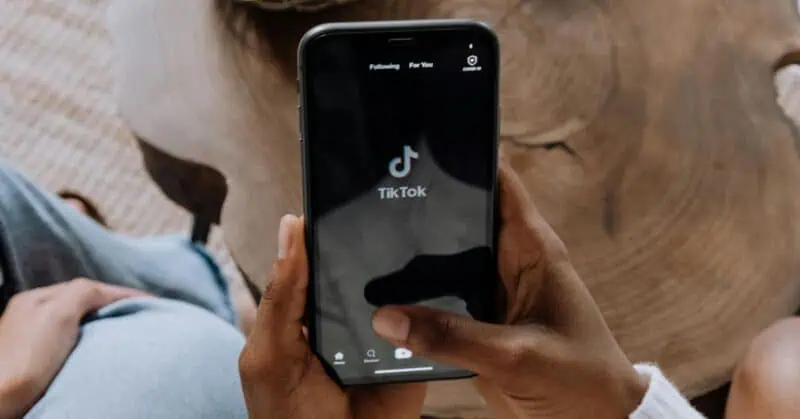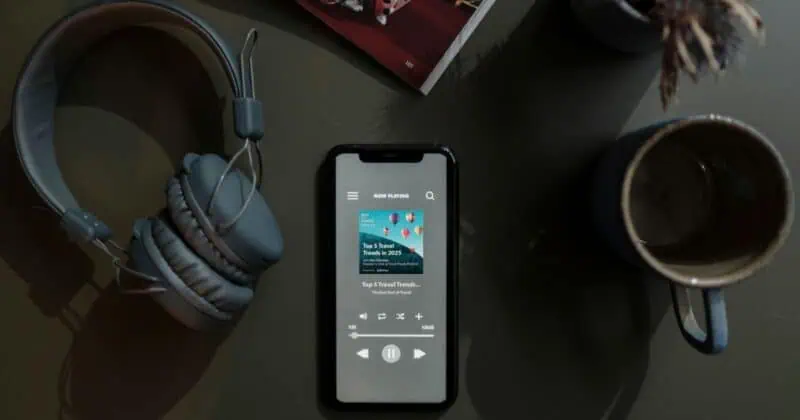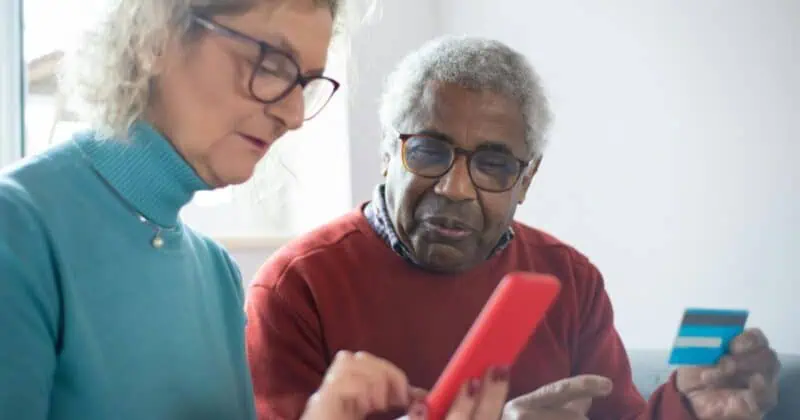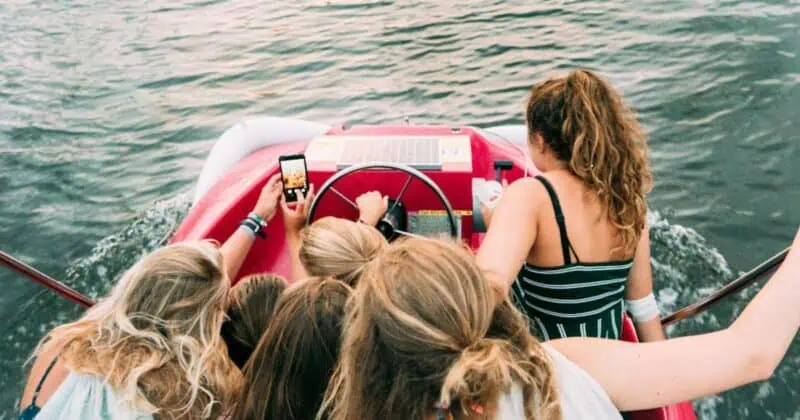The escalation of violence in Israel and Gaza has brought tourism to a grinding halt in those regions, and is causing slowdowns in surrounding regions as well. Egypt, Jordan, Lebanon and more have all reported a reduction in bookings and increase in cancellations as travelers avoid the area.
It’s near impossible to continue running experiences in the midst of a war, and this article will give a window into the impact on some operators in the region, what they’re doing to get by, and some ways we can help.
While peace may be a prerequisite for tourism, tourism can also help foster peace. So we want to shine a spotlight on how some operators are working on initiatives to promote greater understanding among and between cultures, even (and especially) within a region as politically complex and contentious as Israel and Palestine.
“Peace is a prerequisite for the success of tourism, but the converse is equally true and Tourism can also be a powerful force to foster Peace.”
-Ajay Prakash, Founding President of the IIPT (International Institute for Peace through Tourism) India.
When Israeli and Palestinian Tour Companies Unite
“Abraham was the first backpacker,” explains Gal Mor, Co-Founder of Israel-based Abraham Hostels & Tours. As the forefather of the three major religions of the region, Abraham is seen by many as a unifying figure, and thus his name was chosen “with the goal of fostering travel as a way of building bridges.”
Through Abraham Tours, Mor partnered with Tareq Altamimi, Founder of Visit Hebron Palestine, based in a highly contested region of the West Bank. With Visit Hebron Palestine, Altamimi set out to “create an alternative organization for showing the city of Hebron and the whole area from the Palestinian perspective.”
Altamimi and Mor worked together to create “Dual Narrative Tours” of Hebron, launching the first tour officially in 2012, starting with one tour a week, then two, and then just over a year ago to three tours a week.
On these Hebron Dual Narrative Tours, guests spend four hours with an Israeli guide, then are handed over across a checkpoint to a Palestinian guide. They eat lunch in the home of a Palestinian family.
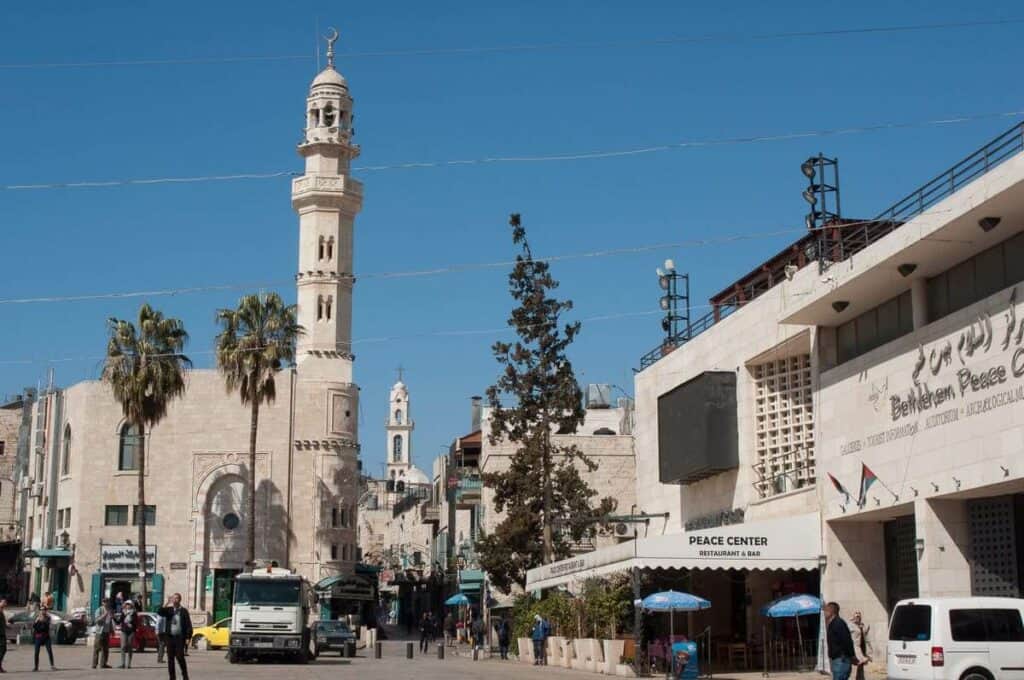
“The idea was to create a direct interaction with the community, so have the guide facilitate an interaction rather than just deliver the message, and allow the people to interact directly with the communities,” explains Mor. “both narratives are delivered directly; they’re given equal stage.”
The tour groups themselves are often made up of a diverse mix of travelers, who represent many different nationalities from Europe to the U.S. to other parts of the Middle East, and include Christian, Jewish and Muslim travelers. “The experience of the group within itself is part of what we’re trying to create,” says Mor.
Mor and Altamimi both emphasize that the goal is not to convince travelers to “take a side,” or to present a polished and united front (they both acknowledge there’s a lot they don’t agree on). Rather, they strive to give travelers a unique opportunity to experience a bit of life and interact with real people on both sides of the checkpoints, authentically. “We are building a balanced way of talking about the conflict and showing the reality,” says Altamimi.
27-29 April 2026
Insider Pro Access Members Save 20%
THE event of the year for the European in-destination experiences industry
Get Your Super Early Bird Ticket Today!|
Positive Impacts of Dual Narrative Tours on Travelers and Local Communities
A huge part of the impact of these tours is on the travelers themselves. “The most common feedback,” Mor shares, “is confusion. They get shaken out of their preconceived opinions. And now they’re searching, but they’re searching not just with that one media outlet that they identify with, but through what they heard and other sources that they’re introduced to… to understand the levels of complexity,” he explains. “It’s a starting point to a different approach.”
“Most of the time we really face difficult questions from people who come with one narrative, through the media,” shares Altamimi. “But at the end they will get back home and read more about it, then they may send you hundreds of questions later by email or Whatsapp… This definitely is bridge-building because this is helping them to understand the two narratives.”
“I think on several levels… the participants become volunteer ambassadors for breaking false or very one-sided perceptions,” continues Mor. “It’s not one side that’s totally right or totally wrong… It’s more complicated in its various aspects.”
“It’s very intense,” Mor adds. “You need a half day or a full day of detox after that just to process, just to wrap your head around everything that happened.”
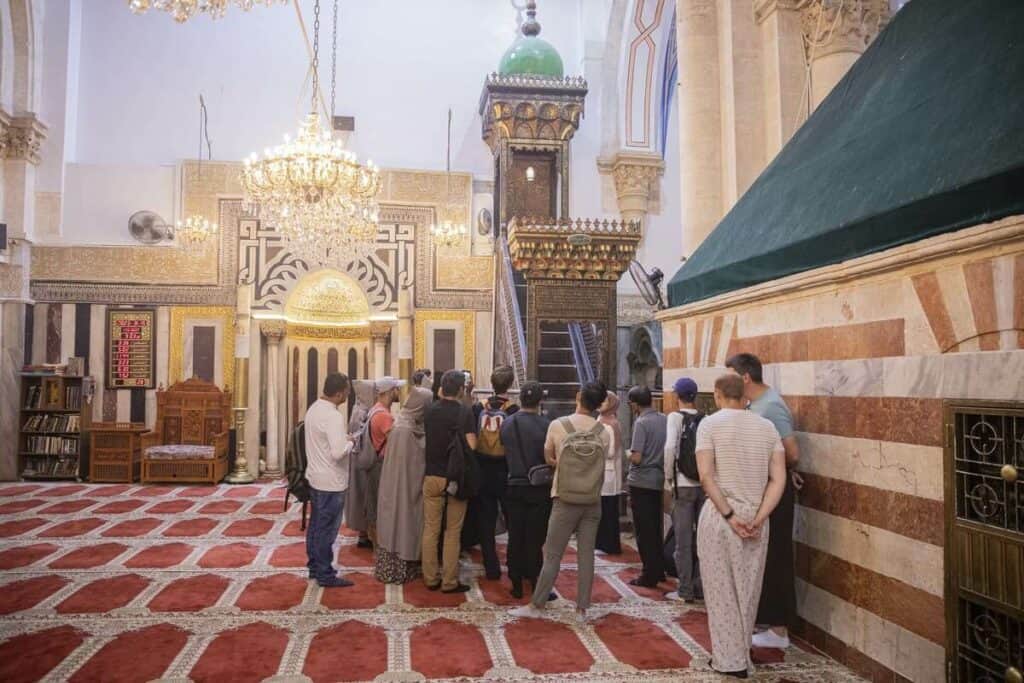
There is also a considerable positive economic and social impact on the local communities. First, for the guides: Visit Hebron Palestine employs 15 tour guides, including five female Palestinian guides, “so this means a better financial situation for them,” says Altamimi. As well, for the Palestinian families: the cost for the lunches are paid directly to the Palestinian families who host the travelers, benefiting many marginalized families. “It also has a social impact [on the families],” Altamimi continues. “They get to meet people from different nationalities, different backgrounds,” and that “sharing of information” has a huge impact on them.
“The economic benefits of the local community are also another aspect that we hope will contribute to stability,” explains Mor. “For all invested in tourism, tourism means stability. It means economic stability for everyone along that chain.”
Also, as the guides themselves aren’t able to interact across boundaries, the tourists function as somewhat of an informal conduit of information, Mor explains. “The web of relationships we have with various palestinian guides, families, restaurants… relationships within the tourism industry — even in Jordan and Egypt — those relationships will be the foundation.”
There is also the relationship between Altamimi and Mor and their respective tour companies, as partners in offering these Dual Narrative Tours. “It has created a very strong and friendly relationship,” says Mor. “This is a real success story of having such a joint activity together between two tour companies,” Altamimi agrees.
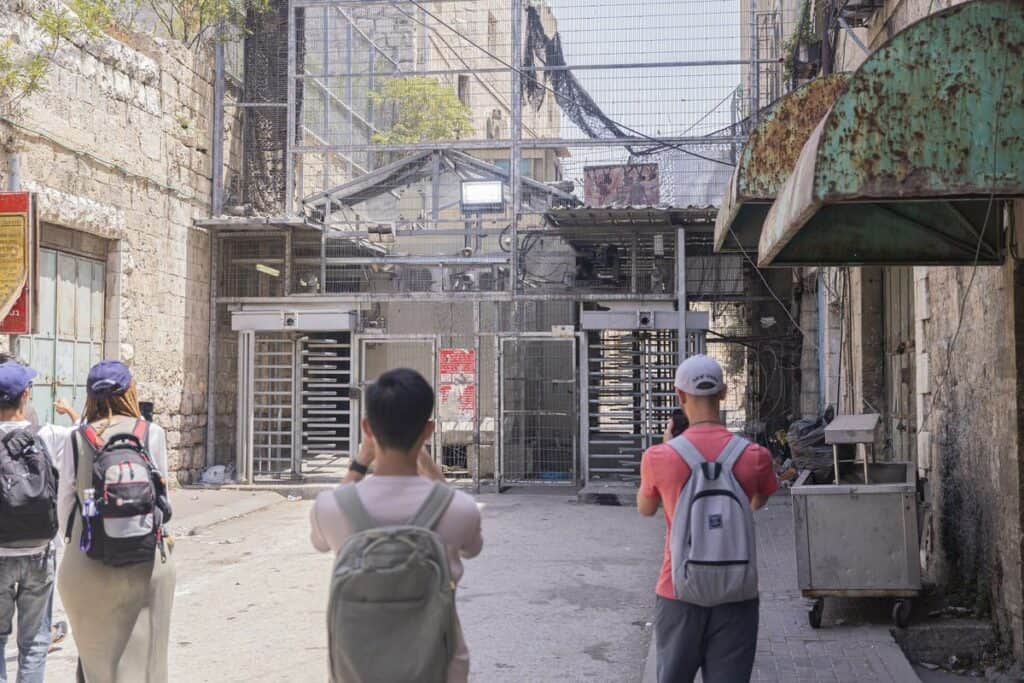
Unfortunately, the economic benefits of the tours as well as the social benefits of the “web of relationships” the joint initiative between the two companies facilitates is at risk the longer the current conflict continues.
“Every day that goes by and every event that happens will make it harder to re-establish those relationships,” laments Mor. “Through a lot of what was built beforehand, personal connections, the shared values with the partners that we’ve found, and the very successful experiences that we’ve put together that address exactly this — what’s happening and why — we’ve managed to reinstate tours and relationships and hold on to the guides [in past conflicts].
“I would like to say that this is going to happen again, but this time there’s a lot of things that are much worse,” he continues. Still, the hope of continuing to build and rebuild bridges remains: “Once this is over and tourists slowly start coming back, I’d like us to be able to reconstruct.”
How Tour Operators are Helping Communities in Israel & Palestine
In the meantime, while their tours are on hold, Abraham Tours has been using the hostel side of their business to help evacuees needing a place to stay.
“We very quickly set up our hostels to host evacuees, especially ones that aren’t supported directly by the state,” Mor shares.
“Whoever asked for help we let them in for free,” he continues, but explains they aren’t built for that or equipped to host families in distress. While they’re committed to doing everything they can to help, “we just took a couple years to bounce back from Covid, and it’s very financially challenging to sustain that… It’s going to be a long winter.” Abraham Tours has launched a donation campaign to help with the costs of providing accommodation to evacuees (find the campaign here if you’d like to contribute).
For Tareq Altamimi and Visit Hebron Tours, they are also taking a huge financial hit with the halting of tours. One initiative they’ve taken on is to sell Palestinian handmade products online and facilitate shipping these products abroad to support their organization and staff. (Their handmade product page can be found here).
Visit Hebron Palestine is selling handmade products to support their staff while tours are on hold.
The Path Forward: Tourism Towards Peace
Returning to Ajay Prakash’s quote for a moment: “Tourism can also be a powerful force to foster Peace.” But what is peace? According to Prakash, “Peace has to be marked by a presence, not an absence – it is not simply the absence of war or conflict; it is the presence of tolerance, of acceptance of love and understanding.”
The initiatives by Abraham Tours and Visit Hebron Tours also bring to mind the UNWTO (United Nations World Tourism Organization)’s “Tourism Opens Minds” pledge “to create moments to establish a dialogue between strangers” and “to make travel a truly heart and mind-opening experience.”
Hopefully, more experience operators will continue to find ways to facilitate dialogue between strangers that can help open minds and build bridges of understanding.
Continue the conversation with us at Arival 360 | Berlin in March 2024, where we’ll look at the latest data on travel and in-destination experiences in Europe and the surrounding regions, and discuss how to build more bridges through tourism.
Sign up to receive insights tailored for the in-destination industry as well as updates on Arival.
Header image credit: Abraham Tours






